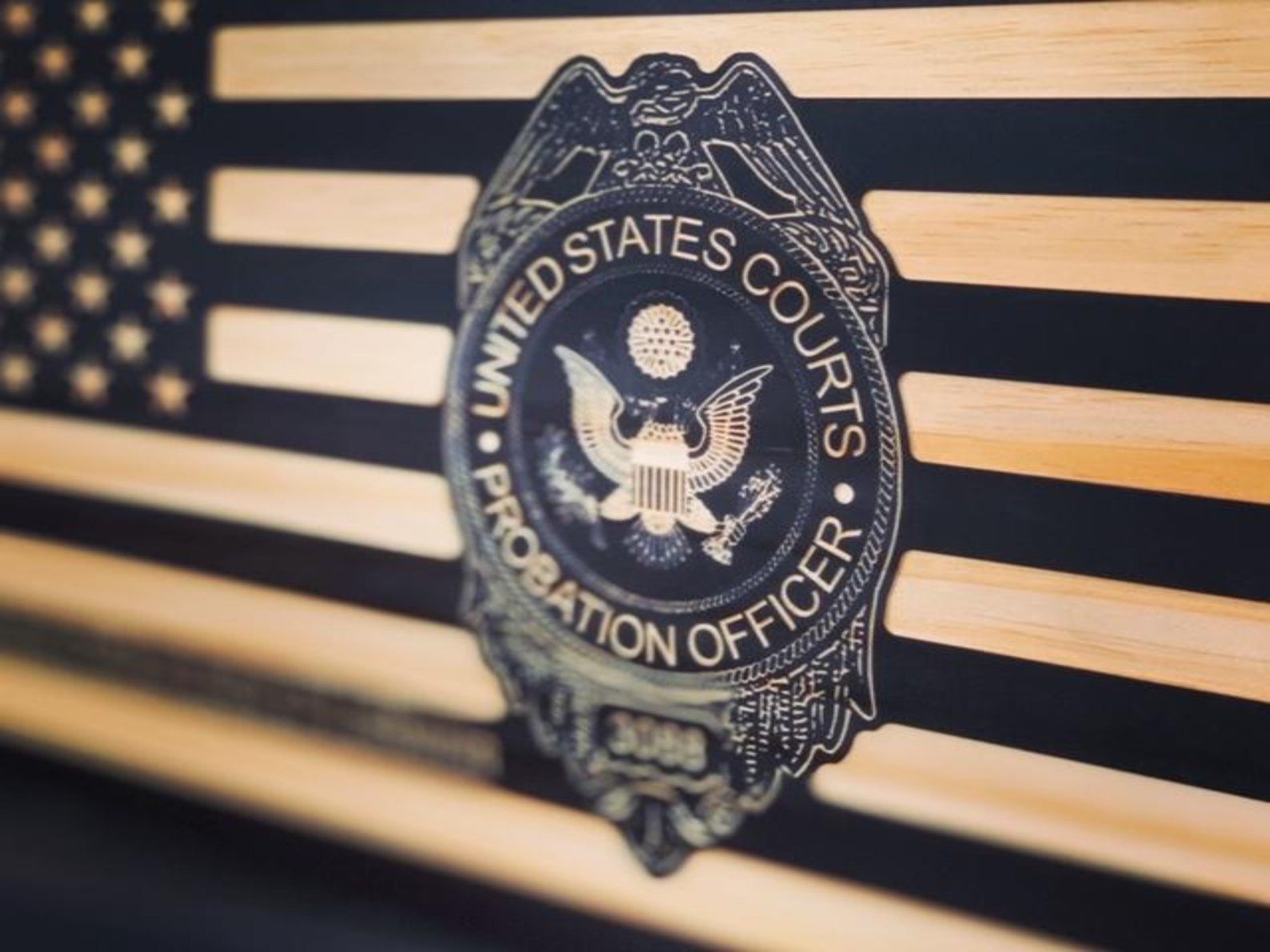One thing we see again and again at Victor Sherman Law is beleaguered, bewildered defendants who have just been either found guilty, or who have pleaded guilty, who now face the prospect of the Federal Sentencing without really understanding what the sentencing process entails. This series of posts is designed to provide a roadmap that will show a defendant and his or her family what to expect in the journey ahead. Part 1 deals with the first major milestone in the process the Presentence Investigation.
For starters keep in mind that sentencing is very much a process. It takes time, and a lot of work to get through it. The process culminates in a single event, the sentencing hearing, but as we’ll explain here, the sentencing hearing is just the final stop on a journey that takes 3-4 months, or more. If you or a loved one is facing federal sentencing (or are worried that you might eventually face it) — this information is for you. And if you’re facing State charges, the same principles apply, although each state does things a little differently.
The Presentence Investigation
One of the first things that happens after a defendant either pleads guilty or is found guilty is that the court orders a “Presententence Investigation” by Federal Probation. This is a standard, supposedly neutral investigation designed to give the court a wide array of information about the defendant. This includes the defendant’s educational, educational, criminal, family, and social history. It is designed to provide the court a complete summary of all of the information that is normally relevant to the judge making a decision regarding sentencing. It’s a very, very important document and one of the things that differentiates good lawyering from not-so-good lawyering is the attention the legal team pays to this process. Remember, your legal team’s job is to get you the “best outcome possible” — and this is a crucial piece to that puzzle.
The Presentence Investigation is compiled by the probation officer in the following way. First, the defendant fills out voluminous questionnaires that cover all of the areas mentioned above, and which also include a net worth statement and a cashflow statement. The questionnaires and financial statements have to be supported by the underlying documents — so cashflow, for example, is supported by rental agreements, credit card statements, bank statements, insurance policies, vehicle loan statements, and so on. The net worth statement is supported by bank statements, securities ownership documents, plus evidence of any and every asset owned by the defendant, as well as debts owed by the client. Getting all of this together is a very heavy lift for both the client and the legal team — but it’s crucially important for the client and team to put together a strong, well-organized, and quietly persuasive package that says to the probation officer that the client is sincere, that he respects the process, and that he and his team are putting their best foot forward.
This package is typically (when best practices are used) submitted to the probation officer a few days in advance of the Presentence Interview — in which the probation officer interviews the defendant. Many poorly represented clients show up to this interview ithout having filled out the forms, which leads to the interview become a tedious, many hours long endeavor in which the probation officer extracts all the detailed information required in the form for the client. Because it often happens this way, probation officers are typically very, very appreciative of a receiving a complete, well-organized package in advance — and with this package in hand, the interview itself tends to go much more smoothly, take less time, with less stress for all parties. Your attorney will accompany you to the interview.
Key Takeaway for Defendants
If you are facing federal sentencing, put maximum effort into preparing a terrific, well-organized package that includes all the information that is required, and which is carefully crafted to tell your story in a compelling way. Make sure you attorney and legal team are on their game when it comes to the preparation. Find out what their policy is about submitting a completed package prior to the interview. How much help will they provide you in putting it together?
All of these things are critically important to “getting the best outcome possible.”
Stay tuned for
Part 2 — The Sentencing Memorandum
Part 3 — The Sentencing Hearing.

